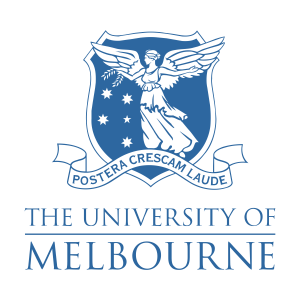
Posted: 15 January 2025
A team from the University of Melbourne will travel to Malawi next year to work with colleagues from the Kamuzu University of Health Sciences (KUHeS) to field test and work towards implementation of a new portable diagnostic tool for active syphilis.
The team were awarded first place at a pitch event for the inaugural MDHS Impact Health Catalyst program, which provided five teams with the opportunity to co-design innovative solutions to reduce mortality rates among Malawian newborns and their mothers during the first 28 days of life.
Led by Nyasha Nguluwe, a Medical Laboratory Sciences student at KUHeS, and Dr George Taiaroa from the Department of Infectious Diseases at the University of Melbourne, the winning team pitched an innovative portable diagnostics device for active syphilis.
Maternal and congenital syphilis can have life-threatening consequences for both mothers and infants, potentially causing miscarriage, stillbirth, or severe developmental issues. The prevalence of maternal syphilis in Malawi has risen dramatically over recent years, increasing by 500% between 2014 and 2021.
The introduction of an affordable and portable test would enable more timely diagnoses and treatment, helping to address risks associated with maternal and congenital syphilis.
Dr Taiaroa and the team, which includes Mona Taouk, Franca Azzato, and Dr Jack Richards from the University of Melbourne, look forward to working with Nyasha to validate this approach during their visit next year.
“Working with Nyasha throughout the program was a fantastic experience. His contributions around the feasibility of the device, as well as his knowledge of the local context, will continue to be key to the success of the proposal,” Dr Taiaroa said.
Development of the proposal took place over six weeks, commencing with a week of intensive workshops where students from KUHeS visited Melbourne to meet with team members from the Faculty of Medicine, Dentistry and Health Sciences
Each team was then assigned a mentor to support the development of their proposal and received weekly mentoring sessions. Proposals ranged from a specialised neonatal retrieval or transport system, to a device that continuously measures the body temperature of newborns.
Professor Lauren Ayton, interim Associate Dean Innovation and Enterprise for the Faculty of Medicine, Dentistry and Health Sciences, hopes the program can help to deliver a tangible impact to mothers and their newborns in Malawi.
“By combining the principles of entrepreneurship with a clear social purpose to improve health and wellbeing, we hope this program can help to rapidly deliver life-changing technology to those who need it most,” she said.
“I look forward to joining the winning team during their visit to Malawi next year to support the validation and implementation of this innovative proposal.”
The Impact Health Catalyst program will return next year, and more information will be shared soon.



